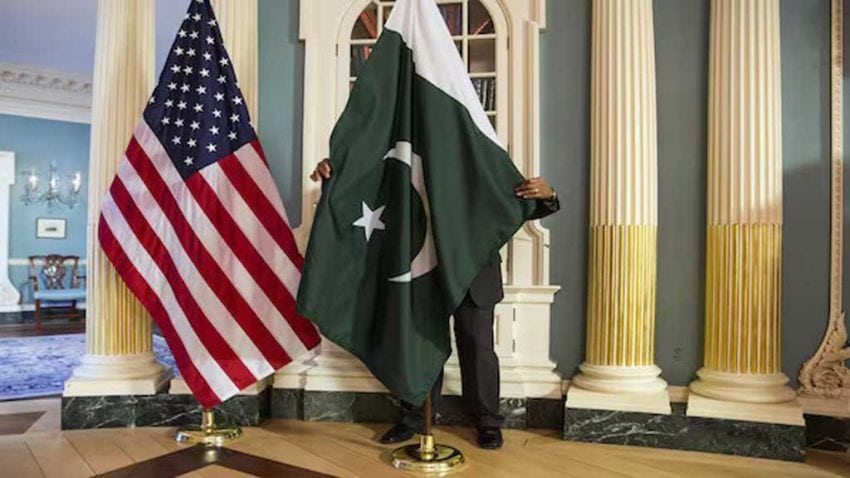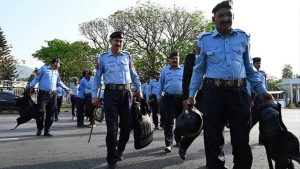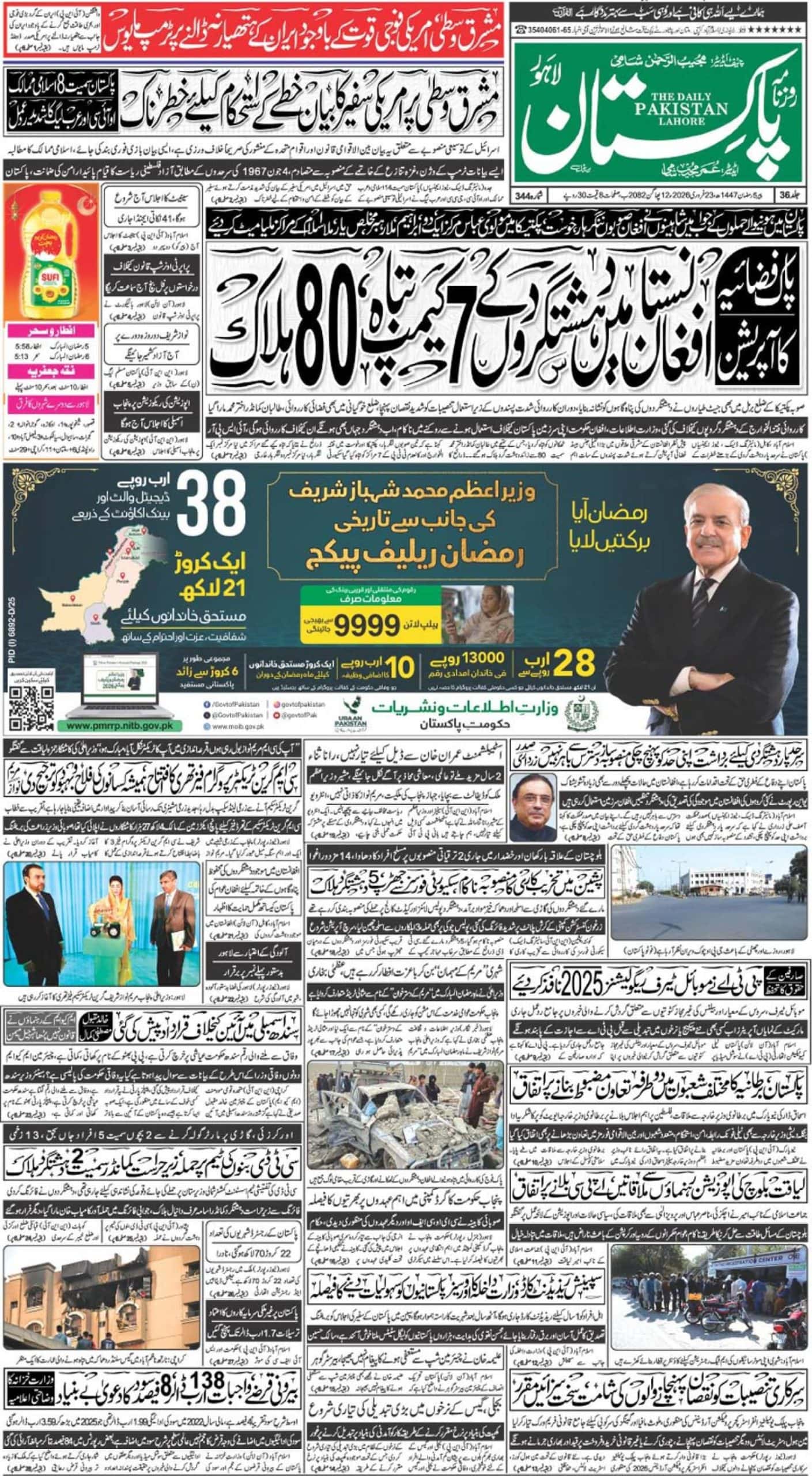In the grand sweep of a nation’s journey, some moments serve as an actual inflexion point—a pivot from a history of recurring challenges to a future of tangible promise. The recent strategic agreement to develop Pakistan’s vast mineral resources, forged between an American enterprise and the Frontier Works Organisation, is precisely such a moment. This is not merely another business deal; it is the cornerstone of a new national ambition, a profound reorientation of our economic destiny whose importance cannot be overstated.
For as long as anyone can remember, we’ve been living a painful contradiction: like a farmer who owns a rich and fertile field, yet still struggles to feed his family. We knew we were standing on a treasure worth trillions, but it remained buried, a whisper of “what if” passed down through generations. The immense importance of this new venture is that it finally gives us the tools to harvest our own field. It stops the cycle of simply selling our raw wheat for pennies, only to be forced to buy back expensive bread later. This time, we’re building our own mill and our own bakery. It is, quite simply, about taking what is ours and using its full value to build a better life for our children, right here at home.
The geopolitical importance of this strategy is equally profound. We live in an age defined by a global scramble for “critical minerals”—the essential ingredients powering the green energy transition, artificial intelligence, and all advanced technology. From the lithium in electric vehicle batteries to the rare earth elements in smartphones and defence systems, the world’s thirst for these resources is insatiable. By stepping forward as a reliable and significant player in this supply chain, Pakistan is not just attracting investment; it is gaining a new and powerful form of strategic relevance. It is an opportunity to move from the periphery to the very centre of the 21st-century global economy, becoming an indispensable partner to the world’s leading industrial nations.
But where this project truly comes to life is in the hearts and minds of our people. Of course, it means jobs—the steady paycheck that puts food on the table and offers a family a sense of security. But its real promise runs so much deeper. It’s about turning a young graduate with a degree into a world-class engineer, a curious student into a leading metallurgist, learning the skills that will build not just one project, but an entire industry. This is more than just training; it’s an inheritance of knowledge. These young men and women won’t just be employees; they will become the mentors, the innovators, and the leaders who will teach the next generation. We are not simply pulling wealth from the ground; we are planting the seeds of knowledge in our people, seeds that will blossom into a stronger, smarter Pakistan for years to come.
And this progress won’t be confined to the project site; it will become a powerful current of connection, binding our nation together in ways we’ve only dreamed of. These are not just roads, railways, and power grids being built for industry; they are lifelines. That new road, carved through the mountains for a truck, will soon carry a farmer’s produce to a market he could never reach before. For his family, that road isn’t just pavement; it’s the difference between scraping by and saving for his children’s education. A power line stretching to a forgotten village isn’t just electricity; it’s the light that allows a child to read after dusk, the power for a small workshop, and the link to a digital world of infinite possibility. This is how development stops being an idea discussed in capital cities and becomes a felt reality in every home, building one, truly unified Pakistan.
In the end, this is about more than balance sheets and export figures; it’s about our national spirit. It is a chance to rewrite the story of Pakistan for ourselves—to prove that our future is one of innovation and strength, not uncertainty. We are finally taking the tools into our own hands, using the gifts of our own soil to build our own house, on our own terms. But for this house to be strong, its foundation must be fair. That means we must be honest in our dealings, protect the water and the mountains, and ensure the family in the village benefits as much as the executive in the city. If we do that, this is no longer just a project. It becomes personal. It becomes a promise we make to each other. This is our time to build.














